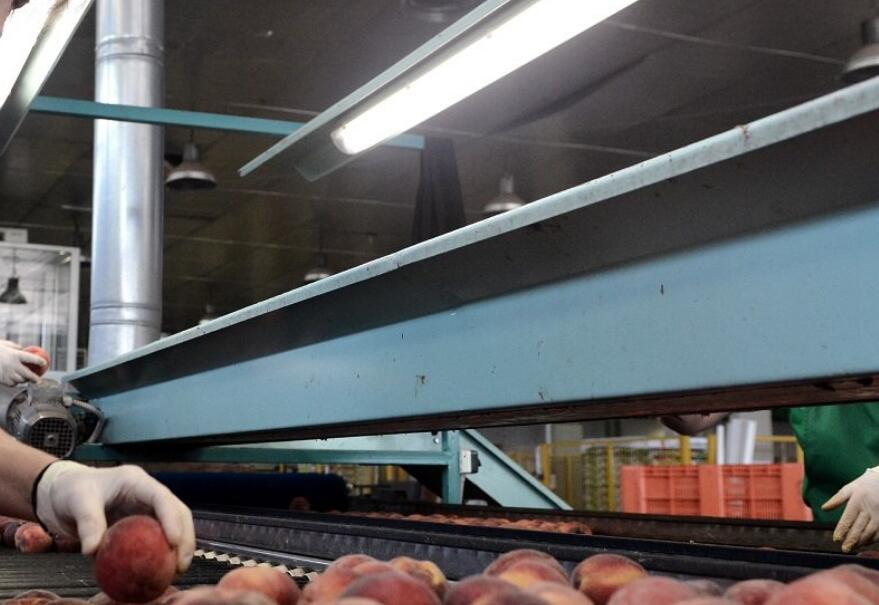Welcome to Sino Bearings web
24x7 HOTLINE:+86-28-81454188

 NEWS
NEWS
António Guterres, the UN secretary general, warned on 18 May that the coming months threaten “the spectre of a global food shortage”. The rise in the cost of basic foods – the price of wheat has risen by more than 50 per cent so far this year – could have a devastating effect on impoverished countries. The war in Ukraine alerted the world to the possibility of a food crisis – Ukraine and Russia produce 12 per cent of globally traded calories, 28 per cent of globally traded wheat, 29 per cent of the barley, 15 per cent of the maize and 75 per cent of the sunflower oil. These figures are provided by The Economist in an article bearing the ominous title The coming food catastrophe.
The problem, however, is not new; nor is it limited to the situation in Ukraine. Rather, it is just making visible what the scientific community and environmental activists have been warning of for decades – the globalised and financialised agri-food system not only has a serious socio-environmental impact, but it is also tremendously inefficient and a risky bet if the aim is to guarantee food supply. In a recent article, researchers from the University of Padua state that “trade dependency thus appears to limit food security in food importing countries” and establish an inverse correlation between increased global trade and the resilience of the agri-food system.
“You cannot feed the population with annual crops using oil that destroys life in the subsoil on which the nutrient cycle depends. We urgently need to transform the way we grow crops,” says Gustavo Duch, coordinator of the magazine Soberanía Alimentaria.
Industrial agriculture, the veterinarian and writer notes, depends on phosphate mines in Western Sahara to produce inorganic fertilisers for use in Ukraine, where wheat and maize are produced. Together with soya brought from the Southern Cone of Latin America, this wheat and maize serves as the basis for producing feed for livestock that are fattened in Spain and later exported to northern Europe and China.
This is just one example of the irrationality of a globalised system that is totally disconnected from both local needs and available natural resources, and extremely dependent on oil both for the manufacture of agrochemicals and for the transport of raw materials from one corner of the planet to another. “To turn agriculture into an industry is to sacrifice the future of those who have yet to be born,” concludes Duch.